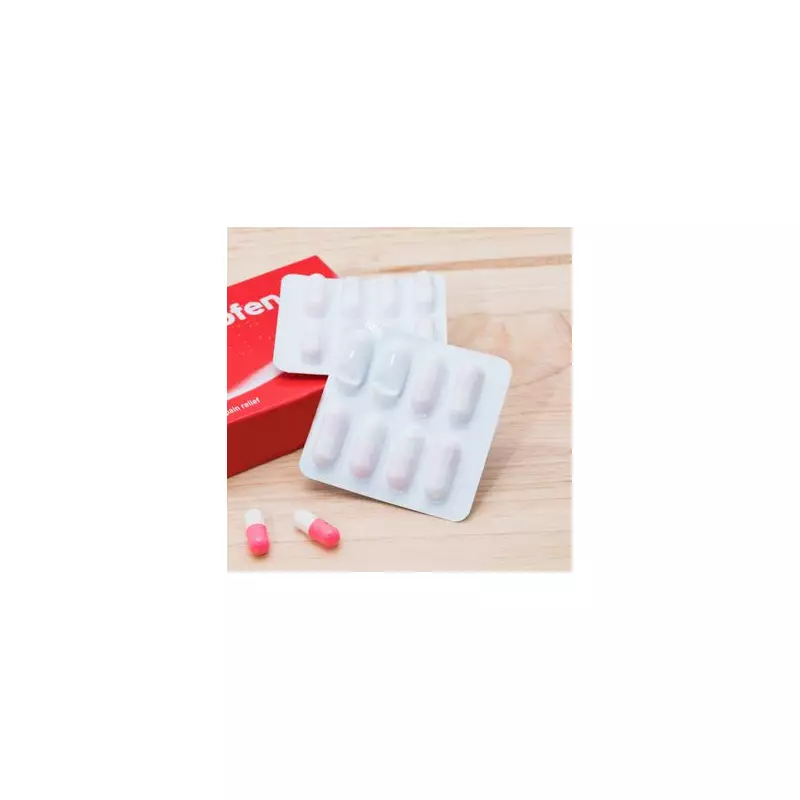
The National Health Service has sounded the alarm for millions across the UK, cautioning that a common habit when taking everyday pain relief could have dangerous and even fatal consequences.
Health officials are specifically targeting users of non-steroidal anti-inflammatory drugs (NSAIDs), a category that includes widely used medications like ibuprofen, aspirin, and naproxen. These drugs, readily available over the counter, are a staple in medicine cabinets for treating aches, pains, and inflammation.
The Hidden Danger in Your Medicine Cabinet
The critical warning centres on the severe risk of stomach bleeding and ulcers. The NHS emphasises that taking these drugs incorrectly—such as exceeding the recommended dose, using them for prolonged periods without medical supervision, or taking them on an empty stomach—significantly increases this risk.
"Many people pop an ibuprofen without a second thought, not realising the potential harm it can cause to their stomach lining," the warning states. The danger is particularly acute for certain groups, including older adults, those with a history of stomach ulcers, and individuals taking other medications like blood thinners or steroids.
Recognising the Warning Signs
It is vital to be aware of the symptoms that indicate potential internal bleeding. The NHS advises seeking immediate medical attention if you experience any of the following while taking these medications:
- Indigestion, heartburn, or a burning sensation in the stomach or abdomen
- Nausea or vomiting, especially if vomit contains blood or resembles coffee grounds
- Dark, tar-like stools (a sign of digested blood)
- Unexplained fatigue, dizziness, or paleness
- Sharp, severe stomach pain
How to Stay Safe: Expert Recommendations
To mitigate these risks, the NHS and medical professionals issue the following safety guidance:
- Always take the lowest effective dose for the shortest possible time.
- Never exceed the recommended dosage on the packet or from your GP.
- Take tablets with or after food to help protect your stomach lining.
- Consult your doctor or pharmacist before long-term use, especially if you have underlying health conditions.
- Consider alternative pain relief like paracetamol for certain conditions, after checking it is safe for you.
This urgent alert serves as a crucial reminder that even the most commonplace medications demand respect and careful usage to ensure public safety and prevent avoidable harm.





